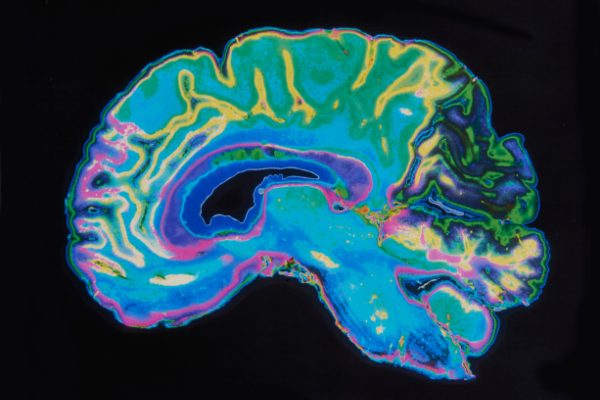
A shortage of iodinated contrast media resulting from recent COVID-19 lockdowns in China has put a focus on prior authorization barriers that unnecessarily impede the imaging services patients need to ensure timely care.
Although the shortage is showing signs of improving, the American College of Radiology (ACR) and Texas Medical Association continue to advocate that physicians have the flexibility to get patients the care they need, such as a computed tomography (CT) scan, when they need it.
The restrictive insurer policies, combined with the shortage, were affecting “some real-time, critical-need imaging studies,” said Fort Worth radiologist Tilden Childs, MD, chair of TMA’s Council on Legislation.
And important diagnoses depend on it, says San Antonio radiologist Ezequiel “Zeke” Silva, MD.
“Patients don’t get a CT or get an exam because it’s something fun to do. They do it because there’s something wrong with them. They do it because they want to be diagnosed with their condition that’s currently uncertain. To [impose that burden on] patients for the purposes of an administrative process or an administrative hassle, it’s just not appropriate. It’s not something that physicians or patients need to accept.”
The shortage began creating difficulties for radiologists during May and June.
Supplies of the contrast media used in many imaging procedures became scarce because of a GE Healthcare facility shutdown in Shanghai. That led the Food and Drug Administration (FDA) to add two common types of contrast media, Omnipaque and Visipaque, to its drug shortage list on May 9.
That scarcity collided directly with a long-standing problem radiologists have had on prior authorizations for these imaging procedures. Insurers have typically required preauthorization for specific imaging CPT codes, rather than preapproving “families” of similar codes – which would allow radiologists to switch gears, if needed, during patient care.
Those realities led ACR and the Radiology Business Management Association to write letters to private health plans and radiology benefit managers urging flexibilities on preapproval for these procedures.
Dr. Silva says loosening the prior auth requirements does not inherently lead to a more complex, more costly exam; sometimes, the patient needs to undergo a less complex exam than was originally planned for.
“But the problem for us is, when a patient shows up and they are authorized for a specific CPT code or specific exam, and we change it, they have to wait for us to get the prior authorization that day, or they have to leave and come back another day,” Dr. Silva said.
Dr. Childs noted the shortage also affected “elective studies done when working up patients that have as-yet-unidentified problems, but aren’t really emergency situations.” The restrictions on the iodinated contrast material also put physicians in the difficult position of having to “preserve it for the studies that we really need it for right now.”
At press time, ACR had received a positive response from one major payer, UnitedHealthcare, which said it was already offering some of the desired flexibility on prior authorization prior to the shortage.
GE Healthcare said in a mid-June release that its Shanghai facility returned to 100% production capacity on June 8 and said it would “continue to keep our customers informed as supply recovers.”
Still, the ACR letter to health plans continues to stress to them that the relaxed prior authorizations should be made permanent and is “best practice that should be followed by all insurers and radiology benefit management companies.”